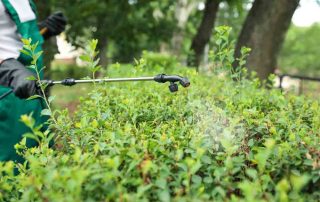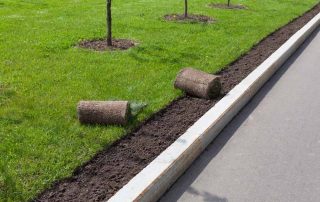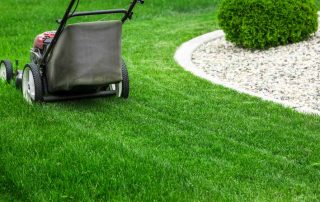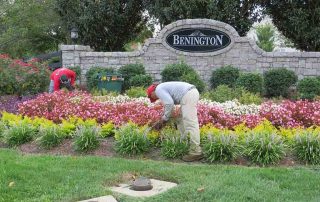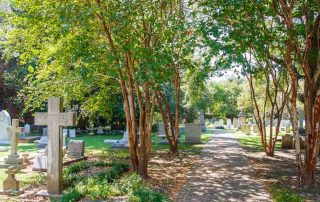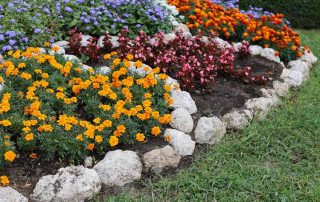Transforming Healthcare Spaces into a Therapeutic Hospital Landscape Environment with Thoughtful Landscaping
Pugh's Earthworks Creating an inviting and Therapeutic Hospital Landscape Environment is not just about interior design. The exterior plays a crucial role in shaping first impressions and enhancing the overall experience for patients, staff, and visitors alike. In this blog post, we will explore how Pugh's Earthworks hospital commercial landscaping can transform healthcare facilities into vibrant, healing spaces that promote well-being and environmental sustainability. From the strategic placement of green spaces and flower beds to the importance of lighting and lawn care, we will provide valuable insights for healthcare facilities, property managers, and landscaping companies looking to elevate their outdoor spaces. The Impact of Green Spaces in Hospital Settings Green spaces within hospital environments offer more than just aesthetic appeal. Research has shown that green spaces can significantly enhance mental health and accelerate patient recovery. When patients have access to nature, whether through views from their rooms or direct physical contact, stress levels tend to decrease, and mood improves. This positive effect is not limited to patients; hospital staff also benefit, experiencing reduced burnout and increased job satisfaction. Incorporating green spaces into hospital landscapes involves more than planting a few trees. It requires careful planning and design to ensure functionality and accessibility. Pathways should be wide enough for wheelchairs, and seating areas need to accommodate different needs. It's essential to select plant species that are low maintenance and non-allergenic to create an environment that is both safe and soothing. Hospitals can engage with local communities through their green spaces. Public access gardens encourage community involvement and provide educational opportunities focused on sustainability and horticulture. By fostering these connections, hospitals can enhance their reputation and integrate more deeply into the community fabric. Designing Hospital Commercial Flower Beds Flower beds are a visual focal point in any landscape design, and in hospitals, they can provide a burst of color and life. Carefully chosen plants can have therapeutic effects, offering a sensory experience that engages sight and smell. Colorful blooms can evoke positive emotions, while fragrant plants like lavender and rosemary can promote relaxation. When designing hospital commercial flower beds, it’s important to consider the seasons. A well-thought-out plan ensures that there is always something in bloom, providing year-round interest. Native plants are often a wise choice as they are adapted to local climates, requiring less water and maintenance while supporting local wildlife and biodiversity. Accessibility is another critical factor. Flower beds should be designed to allow easy viewing from wheelchairs and beds. Raised flower beds can make gardening activities accessible to patients and staff, offering a therapeutic outlet that promotes physical activity and mental well-being. The Role of Commercial Lighting in Hospitals Effective commercial lighting is vital in creating a safe and welcoming hospital environment. Proper lighting enhances visibility, increases safety, and can even influence mood and circadian rhythms. In hospital settings, lighting needs to be adaptable to cater to diverse requirements, including wayfinding, security, and aesthetic appeal. LED lighting is a popular choice for hospital commercial lighting due to its energy [...]


